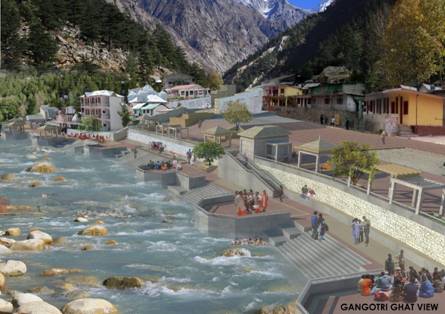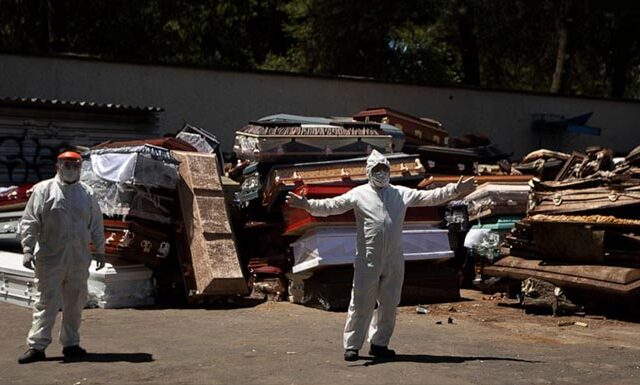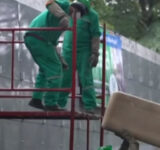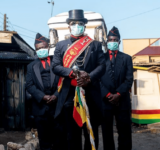Thanks to a corporate social responsibility project India’s crematory ghats, where open pyre funerals are held, are being revamped to reduce river pollution.
Hindus believe cremation on the banks of the Ganges River frees the soul from the cycle of death and rebirth. Participating in symbolic cremation ceremonies for thousands of years, it is ingrained into the culture and way of life for many Indian people.
While these rites are beautiful tributes to those who have passed they are also large contributors to the pollution problems India is facing. The air and the river have become victims to what is intended to be freeing.
The renovation helps to help combat the pollution on the river and contribute to the ‘National Mission: Rejuvenation of the sacred river Ganga’. A tripartite Memorandum of Understanding (MoU) was signed on Feb 24th 2020 between the National Mission for Clean Ganga (NMCG), State Program Management Group-Uttarakhand (SPMG-UK) and Indorama Charitable Trust (ICT) to work together for renovation and development of the ghat at Badrinath and ghats and crematoria at Gangotri in Uttarakhand at a total cost of Rs 26.64 crore ($3,644,373.31 / € 3,268,474.92).
The Rivers Gangotri and Badrinath being part of the Char Dham Yatra, are especially important, being part of India’s water lifeline. This MoU is a significant step for improving amenities and sanitation at these holy locations with the underlying spirit of partnership and of private corporates taking responsibility by contributing.
While there are conventional chamber cremation options that are subsidised for the public, costing $10, it removes the ceremony element of the service and has never largely caught on. Renovations like this help address some of the main issues affiliated with the cremation water pollution.
Prevention of un-burnt or partially burnt bodies being placed in the river will reduce the pollution due to the cremation process. IWC will also save 200 kg of wood per cremation, which is approximately 1 tree per 3 cremations.
The Detailed Project Report (DPR) has been developed by M/S WAPCOS, a Government of India Enterprise. Work is expected to start by March and likely to be completed in 15 months. This MoU is effective for a duration of 7 years.








